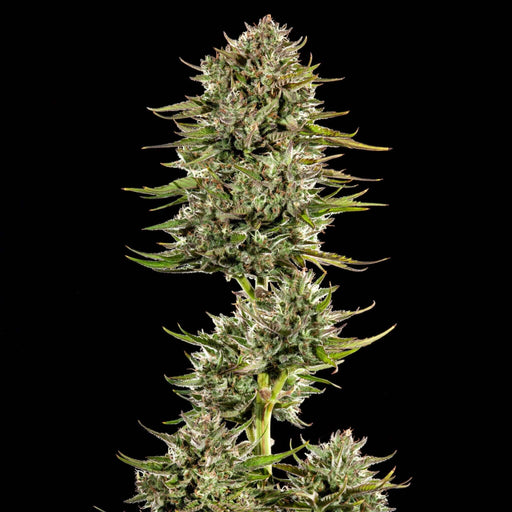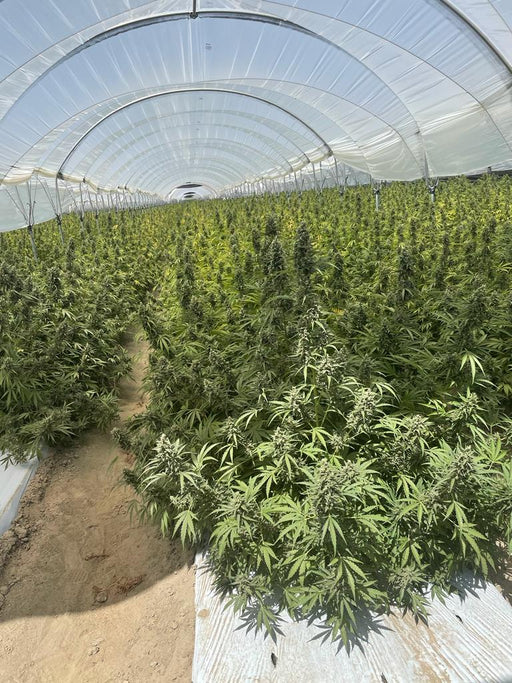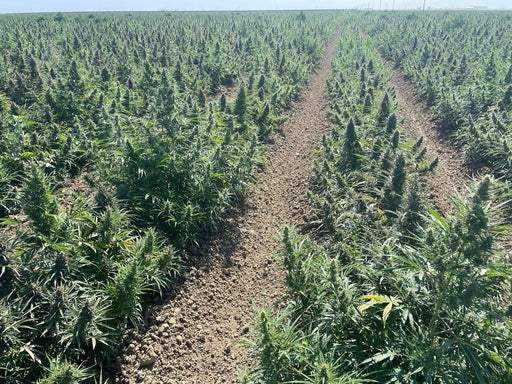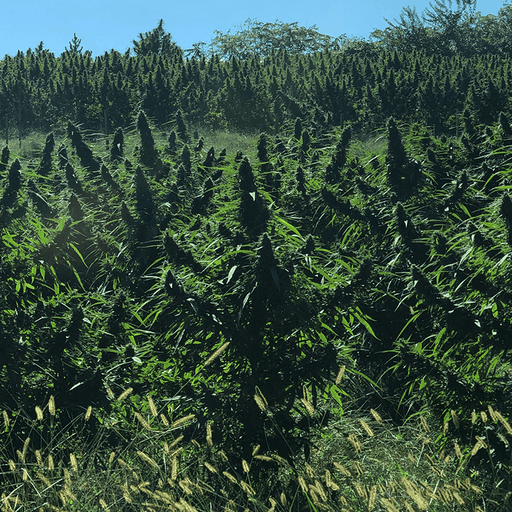
FDA Rules CBD is Not a Dietary Supplement
As the CBD industry grows and gains mainstream recognition, the FDA has once again stepped in to limit its progress. In a recent press release, the FDA declared that the existing regulatory framework for dietary supplements and food additives is inappropriate for CBD. The statement has drawn criticism from proponents of natural medicine, supporters of limited regulation in the hemp industry, and advocates of individual freedom.
We’ll explore the statement by the FDA and explain what the new position means for consumers and the industry.
A Shift in the CBD Industry is Coming
CBD isn’t currently regulated as a dietary supplement or food additive. The 2018 Farm Act removed cannabis containing 0.3% THC or less from the list of controlled substances. Since then, CBD advocates have urged the FDA to regulate cannabinoid hemp as a supplement or food additive limiting regulations from manufacturing to marketing.
On January 26, 2022, the FDA issued a press release stating, “a new regulatory pathway for CBD is needed that balances individuals’ desire for access to CBD products with the regulatory oversight needed to manage risks.”
The Reason for the Decision
At the time of the 2018 Farm Bill, the FDA’s position was basically to sit back, observe the industry, and evaluate the safety of CBD. Now we have the FDA’s response and can expect significant changes in the industry soon.
The press release doesn’t provide much insight but states the following reasons for a new framework:
- “Studies have shown the potential for harm to the liver, interactions with certain medications and possible harm to the male reproductive system.”
- “CBD exposure is also concerning when it comes to certain vulnerable populations such as children and those who are pregnant.”
- “The lack of evidence to determine how much CBD can be consumed, and for how long, before causing harm.”
- It is “not apparent how CBD products could meet the safety standard for substances in animal food.”
What this Means for the Industry
The press release is simply the FDA’s position on regulation, not actual legislation, so immediate changes have not been made. However, the author does include, “the agency is prepared to work with Congress on this matter.”
We expect to hear more news in the coming months, but the press release does mention these possible risk management tools to be included in the regulatory process:
- Clear labels
- Prevention of contaminants
- CBD content limits
- Minimum purchase age
How to Ensure You Have Access to CBD
The best way to retain your freedom as a consumer is to grow your own high CBD hemp. We are confident that more regulations will limit availability and increase prices. So practice your independence as an adult by purchasing hemp seeds to ensure the FDA won’t get between you and your CBD.F.A.Q
Is CBD still a dietary supplement?
Are CBD supplements FDA-approved?
How many CBD products are FDA-approved?
Why is CBD not a dietary supplement?
Featured collection
-

Auto Glu CBD Seeds
Original price $20.00 - Original price $175.00Original price$20.00 - $175.00$20.00 - $175.00Total Price: $20.00Parent Strains: Auto Alpha x Purple Thai Cannabinoid Profile: CBD Dominant Potential THC:CBD Ratio: 30:1 *Pre-Harvest CBD: 9.35%, THC: 0.24% *Post-...
View full details
Auto Face Gas Feminized Cannabis Seeds
Original price $15.00 - Original price $350.00Original price $15.00 - Original price $350.00Original price $50.00$15.00 - $350.00$15.00 - $350.00Total Price: $15.00Parent Strains: Gorilla Glue x OG Cannabinoid Profile: THC Indica-Dominant Hybrid Potential CBD: THC Ratio: 25:1 *Post-Harvest CBD: 0%, CBG...
View full details
Auto EZ Bake Feminized Cannabis Seeds
Original price $15.00 - Original price $350.00Original price $15.00 - Original price $350.00Original price $50.00$15.00 - $350.00$15.00 - $350.00Total Price: $15.00Parent Strains:¬†Sour Auto X Cookie Dog Cannabinoid Profile:¬†THC Indica-Dominant Hybrid Potential CBD: *Post-Harvest¬†CBD:¬†0%,¬†CBD:¬†1%,¬†THC:¬...
View full details
Auto Magik CBD Seeds
Original price $30.00 - Original price $175.00Original price $30.00 - Original price $175.00Original price $30.00$20.00 - $175.00$20.00 - $175.00Total Price: $20.00Parent Strains: Auto Magik x Auto Magik Cannabinoid Profile: CBD Dominant Auto Flower Potential CBD:THC Ratio: 20-25:1 CBD Content: 6%-10% Aroma: S...
View full details
Auto Alpha CBD Seeds
Original price $30.00 - Original price $175.00Original price $30.00 - Original price $175.00Original price $30.00$20.00 - $175.00$20.00 - $175.00Total Price: $20.00Parent Strains: Auto Alpha x Auto Alpha Cannabinoid Profile: CBD Dominant Auto Flower Potential CBD:THC Ratio: 20-25:1 CBD Content: 6%-10% Aroma: C...
View full detailsSTAY UP TO DATE
Submit your email to get updates on products and special promotions.










